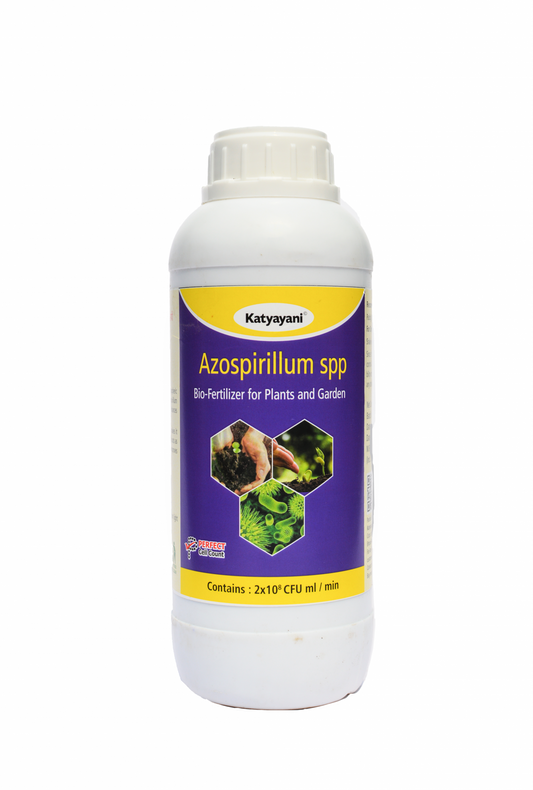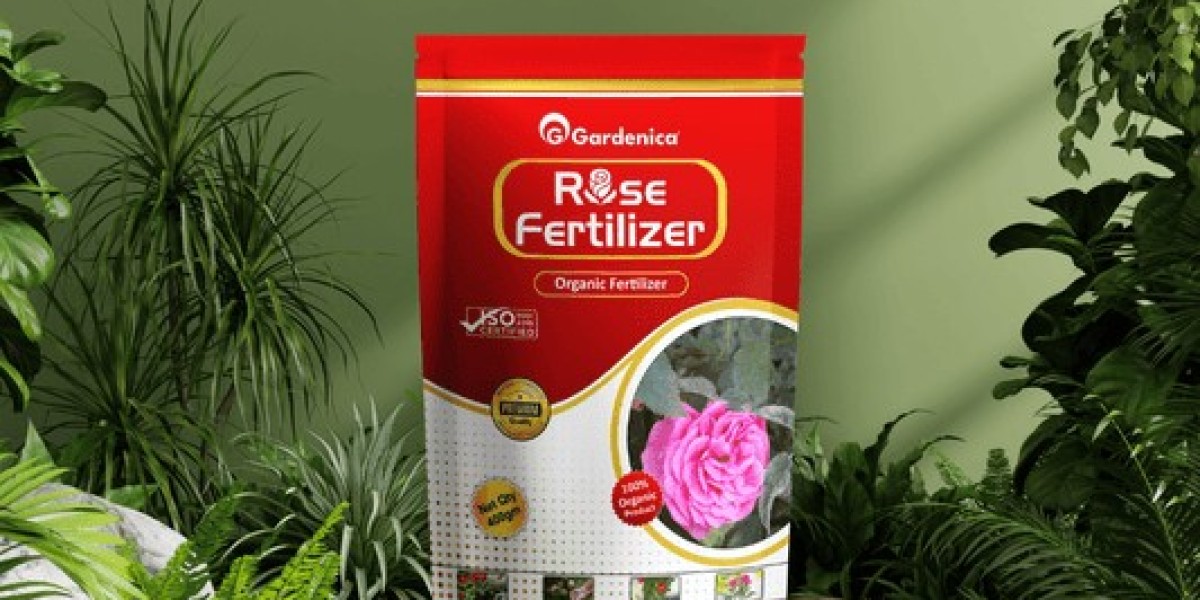Plants require a variety of nutrients to grow and thrive, and sometimes the soil they are planted in may contain only some of the necessary elements. This is where fertilizers come in. Fertilizers are compounds added to soil or directly to plants to provide essential nutrients that support healthy growth and development.
There are two main types of plant fertilizers: organic and synthetic. Organic fertilizers are made from natural materials such as compost, animal manure, and bone meal. These fertilizers are usually slower to release nutrients but are more sustainable and better for the environment. Synthetic fertilizers, on the other hand, are made from chemical compounds and are designed to release nutrients more quickly. While synthetic fertilizers can be more effective in the short term, they can also be more damaging to the environment and contribute to soil degradation over time.
Fertilizers provide plants with essential macronutrients such as nitrogen, phosphorus, and potassium, as well as micronutrients such as calcium, magnesium, and iron. Nitrogen is crucial for the development of healthy leaves and stems, while phosphorus promotes vigorous root growth and flower development. Potassium helps to regulate water balance and supports overall plant health.
When using plant fertilizers, it is essential to follow the instructions carefully to avoid over-fertilization, which can be harmful to plants. Over-fertilization can cause burns on the leaves, damage to the roots, and even death of the plant. It is also essential to choose the right fertilizer for the type of plant you are growing, as different plants have different nutrient requirements.
In addition to traditional fertilizers, there are also specialized fertilizers designed for specific types of plants, such as citrus trees, roses, and vegetables. These fertilizers are formulated with the specific nutrient requirements of each plant in mind and can help to boost growth and yield.
History of plant fertilizer
The use of plant fertilizer can be traced back to ancient civilizations, where farmers used natural materials such as animal manure and compost to enrich the soil and promote plant growth. In ancient Greece and Rome, farmers used animal manure, fish scraps, and other organic materials to fertilize their crops.
In the 18th and 19th centuries, as the Industrial Revolution took hold, chemists began experimenting with new methods for producing fertilizers. One of the most significant breakthroughs came in 1840 when the German chemist Justus von Liebig discovered that plants require nitrogen, phosphorus, and potassium to grow.
This discovery led to the development of synthetic fertilizers, which are made from chemical compounds rather than natural materials. In the late 19th and early 20th centuries, synthetic fertilizers became increasingly popular among farmers and gardeners, as they provided a quick and easy way to boost soil fertility and promote plant growth.
In the mid-20th century, new advances in fertilizer technology led to the development of slow-release fertilizers, which release nutrients over a more extended period, and liquid fertilizers, which are easier to apply and more quickly absorbed by plants.
Today, a wide variety of plant fertilizers are available, including organic and synthetic fertilizers, slow-release fertilizers, liquid fertilizers, and specialized fertilizers designed for specific types of plants. With the help of these fertilizers, gardeners and farmers can achieve higher yields and more productive crops, leading to greater food security and a more sustainable future for agriculture.
Plant fertilizers are essential for promoting healthy growth and development in plants. Here are some of the ways that plant fertilizers are used:
Boosting nutrient levels in soil
Plants require a variety of nutrients to grow and thrive, and sometimes the ground they are planted in may not contain all of the necessary elements. Fertilizers are added to soil to provide essential nutrients that support healthy growth and development.
Promoting healthy growth
Fertilizers provide plants with essential macronutrients such as nitrogen, phosphorus, and potassium, as well as micronutrients such as calcium, magnesium, and iron. These nutrients help to promote healthy growth, strong roots, and vibrant blooms.
Increasing yield
Fertilizers can help increase crop yield by providing the necessary nutrients for plants to produce more fruits, vegetables, or flowers.
Correcting nutrient deficiencies
Plants deficient in specific nutrients may exhibit symptoms such as yellowing leaves, stunted growth, and poor flower production. Fertilizers can help to fix these deficiencies and restore the plant to health.
Promoting disease resistance
Plants that are well-fed and healthy are better able to resist diseases and pests. Fertilizers can help to promote disease resistance by providing the necessary nutrients for plant growth and development.
Providing specialized nutrition
Some fertilizers are designed for specific types of plants, such as citrus trees, roses, and vegetables. These fertilizers are formulated with the specific nutrient requirements of each plant in mind and can help to boost growth and yield.

Overall, plant fertilizers are an essential tool for any gardener or plant enthusiast. By providing critical nutrients that may be lacking in the soil, fertilizers can help to promote healthy growth, strong roots, and vibrant blooms, ultimately leading to a lush and thriving garden.
Plant fertilizers have played a significant role in agriculture and gardening for centuries, from the use of natural materials by ancient civilizations to the development of synthetic fertilizers in the 19th century. Today, fertilizers are essential for promoting healthy growth, increasing yield, and correcting nutrient deficiencies in plants. With the use of fertilizers, gardeners and farmers can achieve higher productivity and more sustainable agricultural practices. It is important to use fertilizers responsibly, following instructions carefully to avoid over-fertilization and choosing the right fertilizer for the type of plant being grown. With the correct application, fertilizers can help to create lush and thriving gardens that bring joy and beauty to our lives.








